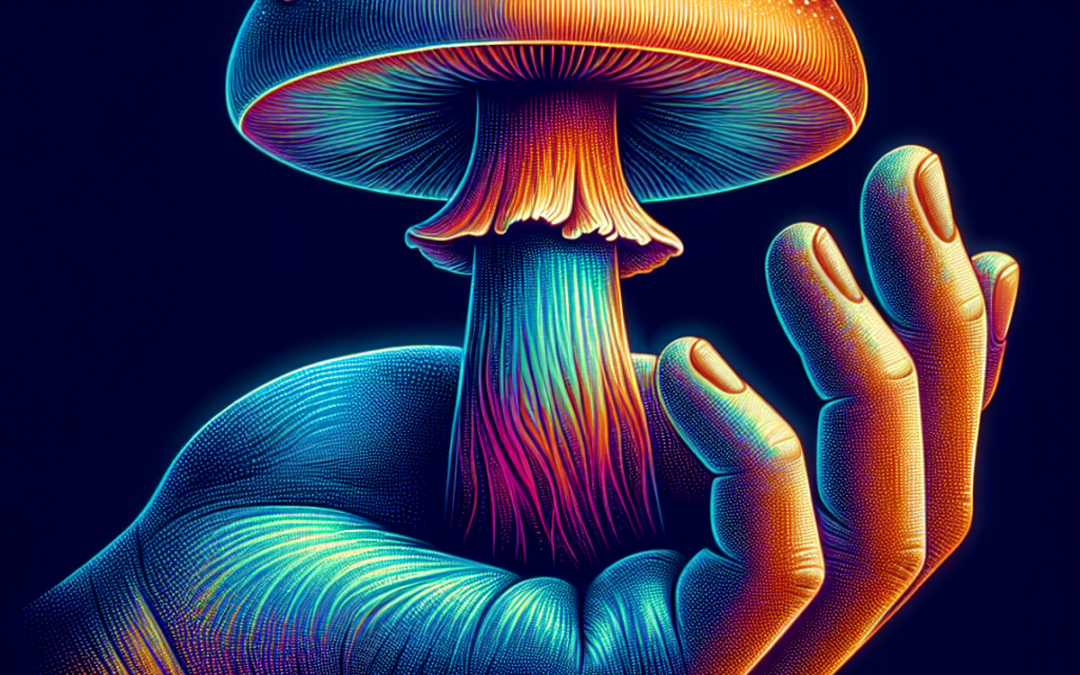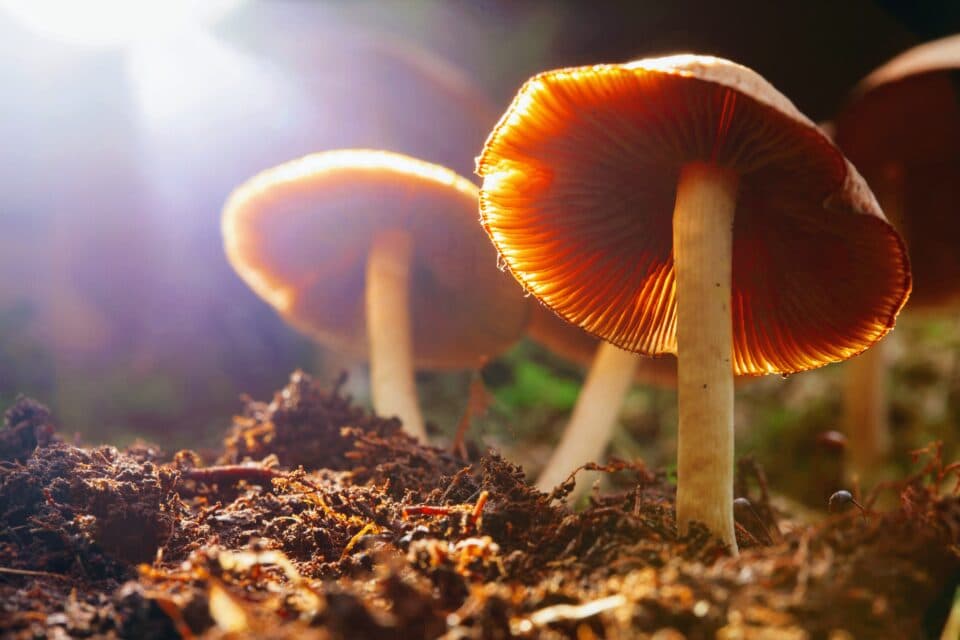Source: https://www.youtube.com/@CBCTheNational
The above video explores the growing trend of microdosing psychedelics, particularly magic mushrooms containing psilocybin. The central question revolves around the safety and efficacy of microdosing and whether it holds mental health benefits.
It begins by acknowledging the popularity of microdosing, evident from the increasing number of Canadians engaging in the practice despite its legal status. The focus is on psilocybin, the psychoactive compound in magic mushrooms, and its potential role in coping with reality.
The narrative takes a personal turn as Andrina Stan shares her experience. Struggling with mental health issues, Andrina found traditional therapies ineffective until she tried microdosing magic mushrooms. She describes how the practice helped her confront and manage her pain, turning her life around.
The video then transitions to the scientific aspect, featuring Rotem Petranker, the lead scientist conducting a clinical trial on microdosing psilocybin for major depressive disorder. The trial involves giving participants either psilocybin or a placebo, with the goal of determining its effectiveness. While concrete results are pending, Rotem mentions some participants no longer meeting the criteria for major depressive disorder, indicating a potential positive shift.
However, Rotem also raises the possibility of the placebo effect, cautioning against premature excitement. The low dose used in the trial may lead participants to have expectations that impact their depression, regardless of the substance they receive.
Despite the illegal status of psilocybin, mushroom stores like “Mush Love” have emerged across Canada. The video features an interview with Bezo West, head of outreach at Mush Love, who discusses the diverse customer base seeking mushrooms for mental health reasons. Many customers express dissatisfaction with traditional antidepressants, seeking an alternative in psilocybin.
The legality of such stores is acknowledged, with Bezo West expressing a belief in providing Canadians with regulated access to psilocybin, similar to the path taken by cannabis. The video touches on the risks of operating in this legal gray area, though the interviewee seems undeterred by potential consequences.
To provide a contrasting perspective, the video features Dr. Ishrat Hussein from the Center for Addiction and Mental Health in Toronto. Dr. Hussein emphasizes the lack of evidence supporting the benefits of microdosing and urges caution regarding the sources of psychedelics. He warns against self-medication and potential damage to mental health, drawing from his experience in the emergency department.
The video concludes by highlighting the dual nature of the psychedelic craze. While acknowledging its popularity, Andrina Stan emphasizes the need for individuals, especially the younger demographic, to approach psychedelics with seriousness and responsibility. The overarching message is a call for informed decisions, seeking professional advice, and recognizing the seriousness of engaging in microdosing for mental health reasons.





